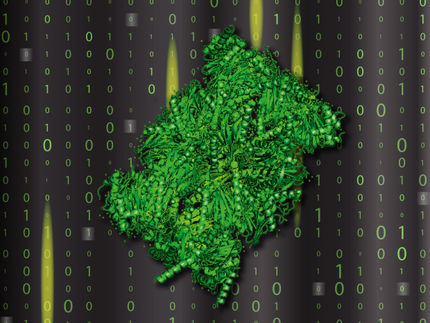New research shows promise killing leukemia cells
BGU’s Prof. Ilana Nathan and her team explore novel treatments for leukemia
Ben-Gurion University of the Negev’s Prof. Ilana Nathan and her team are interested in cell death. Specifically, they investigate all sorts of chemical compounds that can kill leukemia cancer cells by taking a ‘WISE’ investigational approach.
What’s unique about the research is that she and her team are examining compounds that others have not thought to apply to leukemia/lymphoma. For instance, one compound, clomiphene, is clinically used for ovulation induction but not for acute myeloid leukemia (AML). Based on her research showing that clomiphene kills leukemic cells ex vivo via apoptosis (programmed cell death), a pilot clinical study was designed at the Hematology Institute at Soroka University Medical Center to evaluate the anti-leukemic effect of clomiphene in patients with relapsed and refractory AML. The results demonstrated that clomiphene appears to have a beneficial effect in AML by stabilizing the disease during therapy periods and prolonging survival in a subset of relapsed or refractory patients. Thus the use of clomiphene may perhaps be considered a new therapeutic option.
Most recently, she and her team found that novel naphthoquinones (NQ) induce cell death in leukemia. Quinones are among the most clinically-used anti-cancer drugs; however, their clinical use is often limited by their cardiotoxicity. The rationale for studying these quinone derivative molecules was the expected lower toxicity to healthy organs. The Nathan group has taken advantage of the expertise of Prof. (Emeritus) Shmuel Bittner, a leading chemist in NQ synthesis, who, in collaboration with Prof. (Emeritus) Yosef Granot from BGU, synthesized a large library of novel NQs. These compounds have been screened for their anti-leukemic activity and those that displayed activity were studied further to determine how they induce cell death in leukemic cells.
The ability of TW-92 to down-regulate the level of the anti-cell death protein, Mcl-1 levels may be of great value, especially in light of the reported elevated level of Mcl-1 in AML cells and its contribution resistance to chemotherapy.
The Nathan group has achieved success with TW-74, a NQ that causes apoptosis or cell death and is effective against a different type of leukemia - chronic lymphocytic leukemia. Not only do these compounds use common mechanisms to kill cancer cells, but they also employ other diverse killing mechanisms, the authors concluded. They published an article in ANTICANCER RESEARCH last month entitled “Induction of Death of Leukemia Cells by TW-74, A Novel Derivative of Chloro-naphthoquinone.”
Nathan and her team were also the first to investigate the antitumor properties of ICL670, an iron chelation drug which is clinically used for transfusional iron overload, on mantle cell lymphoma (MCL). Clinically, MCL belongs to the non-Hodgkin's lymphomas and is typically disseminated at presentation and usually pursues an aggressive clinical course with poor prognosis. Mantle cell lymphoma, characterized by overexpression in cyclin D1 (a protein involved in regulating cell cycle progression), is one of the most challenging lymphomas to treat. Iron chelators, like ICL670, have previously been shown to exhibit anti-proliferative properties; however, their effect on mantle cell lymphoma cells has never been investigated. In an article in press, they demonstrate the anti-tumoral effect of the iron chelator ICL670 on mantle cell lymphoma cell lines and the underlying biochemical mechanisms. ICL670 induced apoptotic cell death mediated through caspase 3 activation, and decreased cyclin D1 protein levels that resulted from increased degradation mediated through the proteasome. The present data indicate that ICL670, by down-regulating cyclin D1 and inhibiting its related signals, may constitute a promising adjuvant therapeutic molecule in the strategy for mantle cell lymphoma treatment.
Most read news
Topics
Organizations
Other news from the department science

Get the life science industry in your inbox
By submitting this form you agree that LUMITOS AG will send you the newsletter(s) selected above by email. Your data will not be passed on to third parties. Your data will be stored and processed in accordance with our data protection regulations. LUMITOS may contact you by email for the purpose of advertising or market and opinion surveys. You can revoke your consent at any time without giving reasons to LUMITOS AG, Ernst-Augustin-Str. 2, 12489 Berlin, Germany or by e-mail at revoke@lumitos.com with effect for the future. In addition, each email contains a link to unsubscribe from the corresponding newsletter.




















































